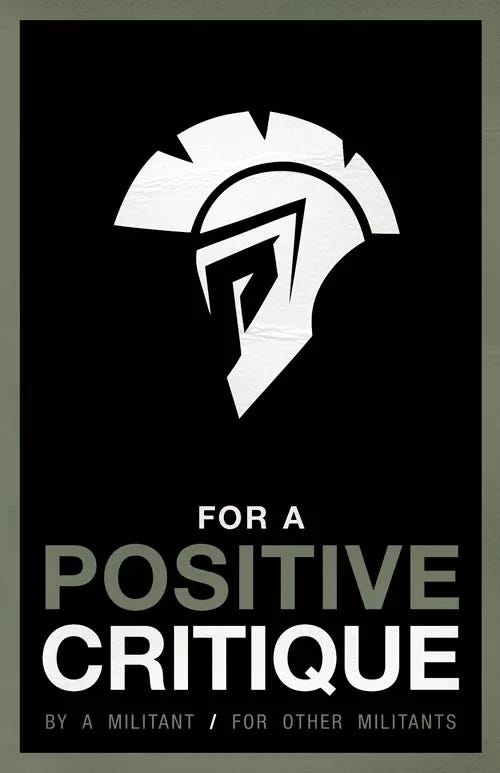Liberalism and Marxism: Two Paths, One Dead End
by Dominique Venner
Liberalism certainly had its charms—or appeared to—with its veneer of generosity. A veneer soon shattered by the hard truths of reality. This broken ideology serves as camouflage for the hypocritical dictatorship of international capitalism that rules over Western democracies.
The capitalist oligarchy was born at the end of the eighteenth century. In those days, “liberal” was used in France to justify the combined interests of the high aristocracy and the wealthy against the central authority that had kept them in check for so long. This struggle between popular power (in that case, the French monarchy) and entrenched elites recurs throughout history.
In organized societies, once the institutional veil of monarchism or republicanism has been stripped away, two types of power can be discerned. The first is rooted in the people, through which large interests—be they feudal or financial—are contained. The second rests in the hands of those large interests themselves, enabling them to exploit the people. The first identifies with the popular community and serves the destiny of the people. The second subjugates that community for its own insatiable appetite.
Modern democracies, which belong to the second type, have evolved alongside capitalism. In fact, they are nothing more than capitalism’s political emanation. Having shed its national and personal skin, capitalism has become financial and stateless. Democratic nations now live under the control of international financial groups. The few differences that remain between these groups vanish the moment a genuine popular awakening threatens them. If lies and manipulation fail, they turn to more brutal tools: genocide, atomic bombings, concentration camps, torture, and psychological violence.
The capitalist oligarchy is indifferent to the fate of national communities. Its only goal is the satisfaction of an insatiable will to power through the economic domination of the world. Mankind and its civilizations are sacrificed upon the altar of its materialist designs—designs that run parallel to those of Marxism.
For both technocrats and communists, man is nothing more than an economic animal, reduced to two functions: producing and consuming. Anything that cannot be measured or calculated is deemed superfluous, and the superfluous must submit to what is considered “essential”: economic output. Individualist tendencies, which obstruct the smooth application of central plans, must be eliminated. In such materialist societies, there is room only for docile, homogeneous, standardized masses.
Those who resist this brainwashing, who reject the castration of the masses, are branded “fascists.” To doubt the sincerity of those who dictate opinion in a liberal democracy—or to challenge the contradictions of the party line in a communist regime—is enough to incur elimination. In communism, rebellion leads to physical annihilation. In liberalism, it leads to social annihilation. Both destroy creative individualism and popular rootedness—the very essence of man and community. Both lead humanity into a dead end: the worst kind of regression.
The history of mankind is one long struggle to liberate itself from the tyranny of matter. Religion, art, science, and ethics are all conquests of the spirit and the human will. Entire civilizations have sprung from such victories. These creations—born of sensibility, intelligence, and the energy of peoples—develop and mature only as long as their creative power endures. Once the peoples who birthed them lose the will to defend themselves, their civilizations collapse into decadence or annihilation.
Such is the inevitable result of mankind’s exploitation by technocrats and by the “new ruling class.” Both emerge from the same philosophy. Liberalism and Marxism may have taken different roads, and they may appear as rivals, but their paths converge on the same outcome: the subjugation of peoples under the myths of democracy.
Democracy is the new opiate of the masses.
The above text is an excerpt from Dominique Venner’s For a Positive Critique (Arktos, 2017). If you liked this selection, be sure to check out the whole book.





Great artwork!